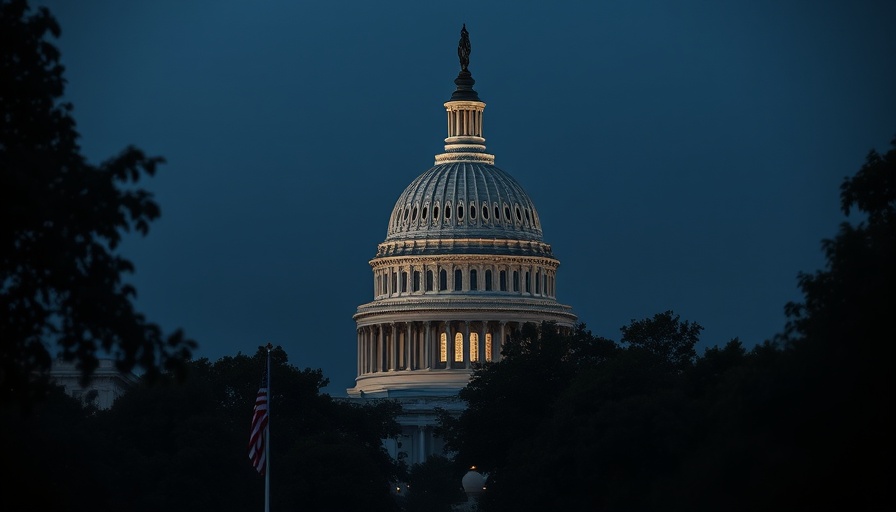
Can House Republicans Really Cut Billions Without Touching Medicaid?
The ongoing debate surrounding House Republicans’ proposed budget cuts, specifically the endeavor to slash $880 billion, poses a critical question: Is it possible to achieve such monumental savings without compromising Medicaid? As the clock ticks down towards deadlines that include a potential government shutdown, the tensions are palpable among lawmakers.
Understanding the Stakes: Medicaid's Role in American Healthcare
Medicaid is a safety-net program that serves approximately one in five Americans, including low-income families and individuals with disabilities. The ramifications of substantial cuts could be dire, as emphasized by House Democratic leader Hakeem Jeffries, who labeled these potential reductions as the “largest cut to Medicaid in American history.” The emotional weight behind such statements reflects a deep concern for those who depend on the program for their healthcare. Jeffries’s assertion that “Republicans are lying” about the implications of their budget plan is significant, indicating a wider political battle over healthcare security.
A Closer Look: The Republican Budget Blueprint
Passed on February 25, the House GOP budget resolution does not explicitly name Medicaid but tasks the Energy and Commerce Committee with finding the necessary cuts in federal healthcare programs. With Medicare off-limits due to its political sensitivity, it's essential to note that Medicaid makes up a staggering 93% of funding within that committee's jurisdiction, as highlighted by the Congressional Budget Office. This statistic suggests that substantial mean cuts to Medicaid may indeed be unavoidable in the pursuit of meeting the budget goal.
Counterarguments: Is There a Path Forward?
Despite the outlook, some Republican leaders assert their intentions to protect Medicaid, claiming, “The word ‘Medicaid’ is not even in this bill.” Yet, the analysis of budgetary constraints indicates otherwise. Health policy experts like Larry Levitt of KFF argue that achieving $880 billion in savings without affecting Medicaid may simply be an impossible mathematical challenge. As discussions continue, other forms of potential budget cuts across various health programs remain on the table, albeit with significant risks to vulnerable populations.
Predictions and Implications: What's Next?
The outcome of this budget discussion holds critical implications for millions of Americans relying on Medicaid. If substantial cuts are approved, communities—especially in rural areas with high Medicaid enrollments—could face severe healthcare access challenges. Future negotiations in Congress will likely focus on balancing fiscal responsibility with the moral imperative to safeguard healthcare for America's most vulnerable populations.
Why This Matters to You
For individuals who are tech-savvy health enthusiasts, the cuts to Medicaid could potentially influence healthcare innovation, access to resources, and advancements in public health strategies. Monitoring these developments is essential for understanding how healthcare policies affect overall wellness and public health trends in the U.S.
In a climate charged with political rhetoric, ensuring that healthcare remains a right and not a privilege is vital. As budgetary discussions progress, staying informed and engaged is crucial for those affected by these policies. Understanding the implications of these cuts can lead to proactive advocacy efforts that aim to protect healthcare coverage and services for many.
 Add Row
Add Row  Add
Add 




Write A Comment